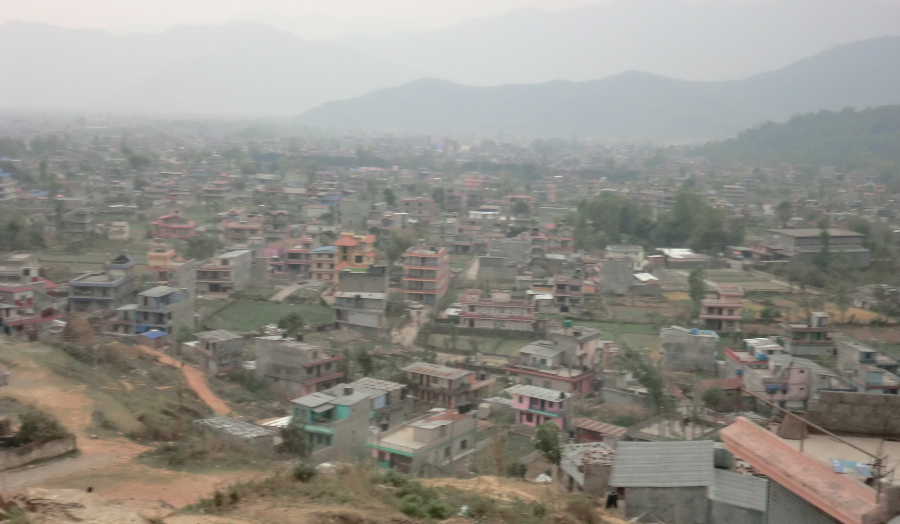British Academy awards Senior Lecturer funding or upcoming project, examining orphanage trafficking in Nepal
Date: 09 May 2024
Dr Shovita Dhakal Adhikari, Senior Lecturer in Criminology & Sociology, member of London Met's Global Diversities and Inequalities (GDI) Research Centre, has received the award of £9,875.00 from the British Academy. Dr Dhakal Adhikari will work with local partner in Nepal, on this 24-month project, which is scheduled to run from June 2024 to May 2026. Throughout the duration of the project, Dr Dhakal Adhikari will be supported by her academic mentor Professor Louise Ryan.
The project “Young Lives in Alternative Care: Examining the role of deinstitutionalising care in response to orphanage trafficking in Nepal” aims to examine the policy and practice of deinstitutionalising care in response to orphanage trafficking in Nepal.
Theoretically, the project will contribute to a better understanding of family dynamics in the context of orphanage trafficking and the effectiveness of alternative care (both formal and informal) as a form of social control.
Methodology
The methodological approach of this project is co-production, which allows to bring together different social worlds including practitioners, academic, community, and vulnerable group together for a single goal. This project is designed in collaboration with the local partner, Non-Government Organisation (NGO) Future Generation Nepal that work in the area of deinstitutionalisation of child care homes including rescues, manage temporary safe houses, family reintegration and alternative care in Nepal.
This project will be conducted in four phases: (i) Stage 1: At the outset, existing policies, regulations, government and NGO’s report on prevailing alternative care practices, will be reviewed to understand the context of deinstitutionalisation of care in Nepal. (ii) Stage 2: Field work will be carried out in Nepal in collaboration with the local partner including semi-structured interviews with key actors of the community, focus group discussions with families and community members including women’s group and children’s clubs; and in-depth interviews with children and young people to explore their lived experiences in alternative care; and ethnographic observation in the community where a number of anti-trafficking prevention programmes operate. (iii) Stage 3: This phase involves analysing all gathered data so that it can inform future policy and practice. (iv) Stage 4: The final phase involves sharing workshop/dissemination event in Nepal targeting policy makers, media and practitioners.
Dr Dhakal Adhikari commented: “This project will allow to co-create previously unheard narratives of alternative care in response to orphanage trafficking in Nepal”.
Impactful outcomes for policy and practice
Research outputs, research and policy briefings will voice the concerns of children and young people in alternative care, and the community to inform government agencies and NGOs.
Dr Dhakal Adhikari, commented: “This novel study will help to provide a richer understanding of an issue as complex as deinstitutionalising care, and anti-child trafficking interventions, and will lay the foundation to identify/produce a set of potential interventions to strengthening alternative care so as to create a safe space for children and young people at risk in Nepal”.
For more information, please visit the GDI research centre pages.

Dr Dhakal Adhikari will work with local partner in Nepal, on this 24-month project, which is scheduled to run from June 2024 to May 2026
